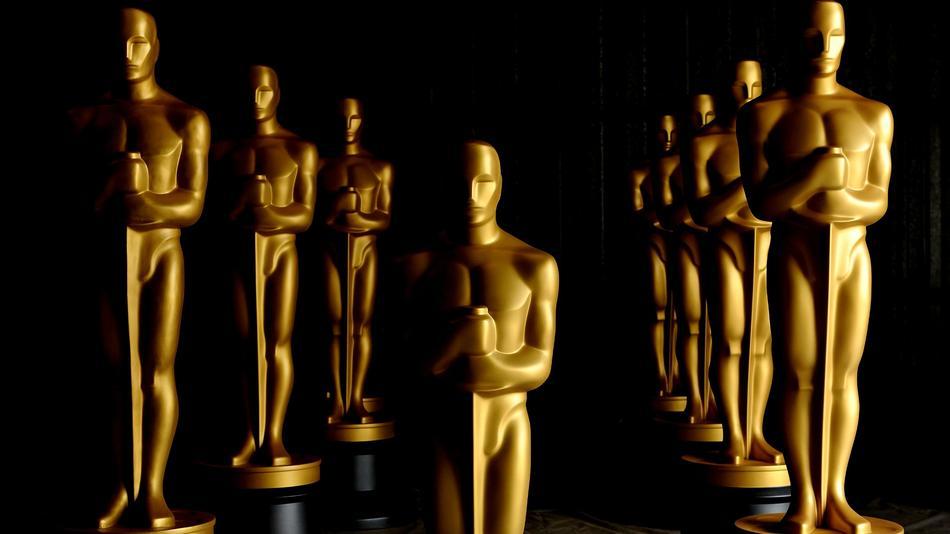- Stars are lining up to boycott the Oscars and lambasting the Academy of Motion Picture Arts and Sciences with hashtags such as #OscarsSoWhite after nominations for the 2016 awards included no diversity in any of the major categories. Associate Professor of Theatre Leslie Sloan Orr says the exclusion of diversity in Hollywood is not new, but is all the more frustrating because it feels as though we are taking two steps backward.
Orr:
In many ways, the complete lack of diversity in the nominations is really disturbing, but in another way, it is nothing new. In acting, there is more than one reason Broadway is called the “Great White Way.”
In acting, a majority of parts and meaty roles go to white men. It is part of a bigger overall problem with the Academy. So audiences and actors cannot simply demand more diversity in nominations. They need to demand more diversity in the industry itself.
Academy members nominate films that they can identify with, films and roles that speak to their experiences. Although the Academy is expanding to include a more diverse membership, we can see it is not enough. Right now there is an African American woman, Cheryl Boone Isaacs, as president. But how much can she achieve on her own? Darnell Hunt and Ana Christina Ramon (of UCLA’s Bunche Center for African American Studies) are co-authors of the 2015 Hollywood Diversity Report that found the membership of the Academy, those who decide the Academy Awards, to be about 94 percent white and 77 percent male. There has to be more diversity in the Academy’s decision-making ranks.
The Academy elected Isaacs in 2013 and this year asked Chris Rock to host the Oscars; however, as far as diversity, little has changed. Although some Academy members may think this constitutes diversity, there is a difference between symbols of diversity and true diversity. Symbols may inspire others, but they do not get to the heart of the problem.
Audiences and actors cannot simply demand more diversity in nominations. They need to demand more diversity in the industry itself.
At the heart of it, there is a lack of non-stereotypical roles, or just simply a lack of roles for diverse populations. Our School of Theatre and Dance is experimenting with colorblind casting and gender-bending casting, which has been amazing. So it is even more frustrating to look out into the world and see that not happening.
This year is even more painful, because it felt as though things were improving. It was 2009 when Katherine Bigelow won the Oscar for best director, and I breathed a sigh of relief, thinking “Yes, finally.” But that was 2009. And the farther away we get, the more it feels as though each nomination was a placation, rather than a celebration.
My biggest fear for the Academy is that they will continue to deny roles to diverse populations. Then in a few years, realize how ridiculous it is that they have not had any diversity in their nominations. To compensate, they will nominate an actor or actress in the role of a slave, or a maid—or worse—Halle Barry as a sexualized mammy in Monster’s Ball. These kinds of nominations, and roles, just reinforce negative stereotypes.
And I have to say, the nominated films I have seen are wonderful. There is no denying those who are nominated deserve them. There is also no denying that actors such as Will Smith and Idris Elba were also phenomenal this year.
I know some people are boycotting. Will I watch? Probably, just to see what will happen, and what will be said about the nominations.
Orr is a faculty member in Illinois State’s School of Theatre and Dance and the artistic director of The Crossroads Project, (formerly known as Crossroads Theatre) that explores the multicultural experience. She can be reached via Media Relations at (309) 438-5631, or MediaRelations@IllinoisState.edu.


